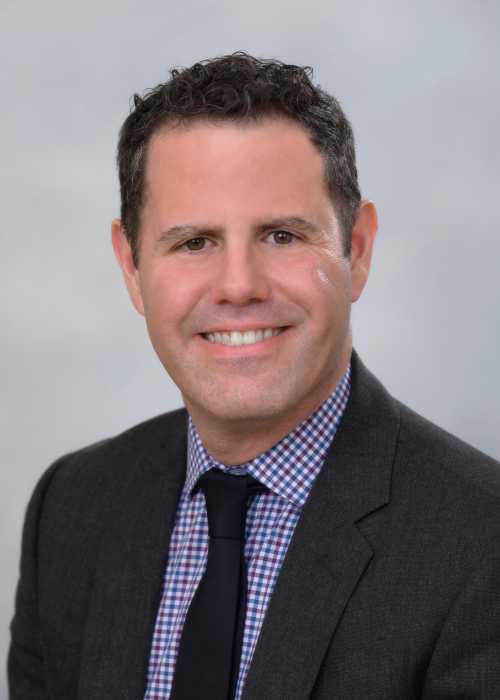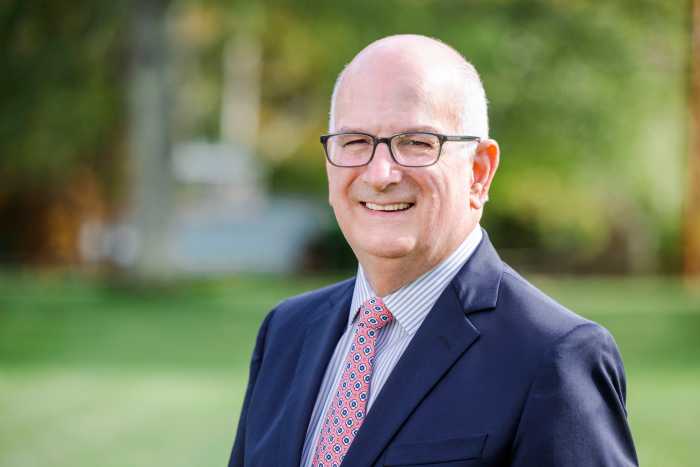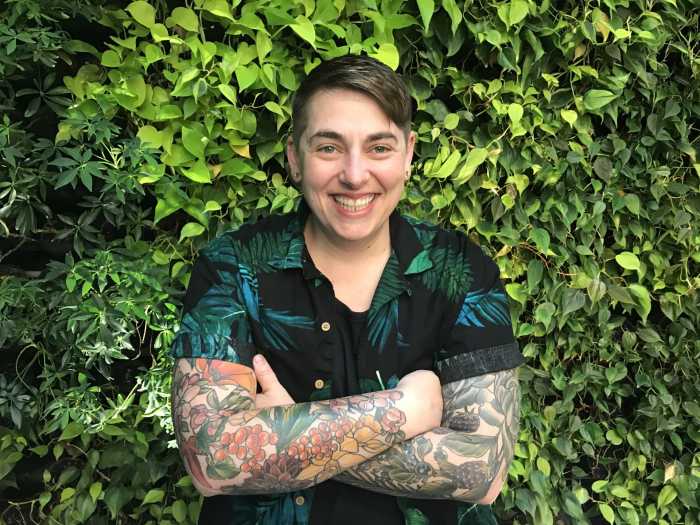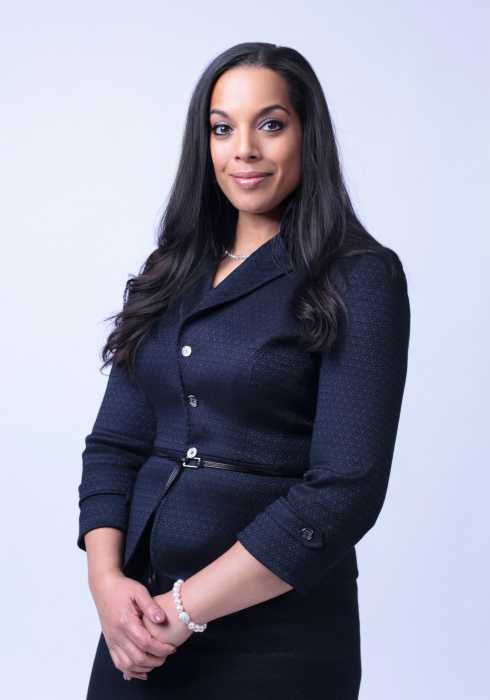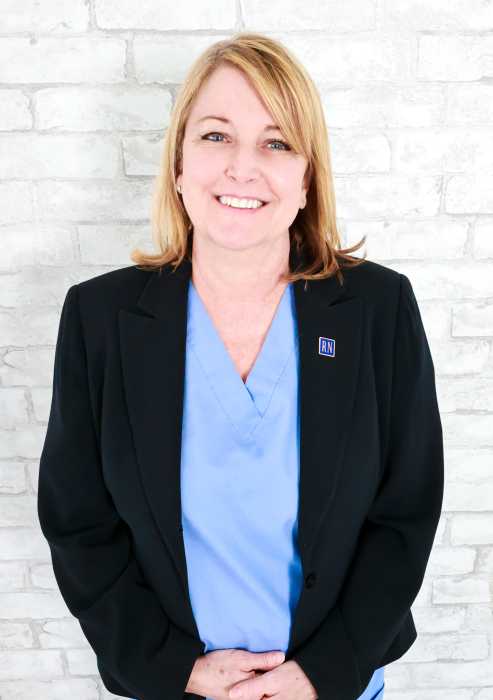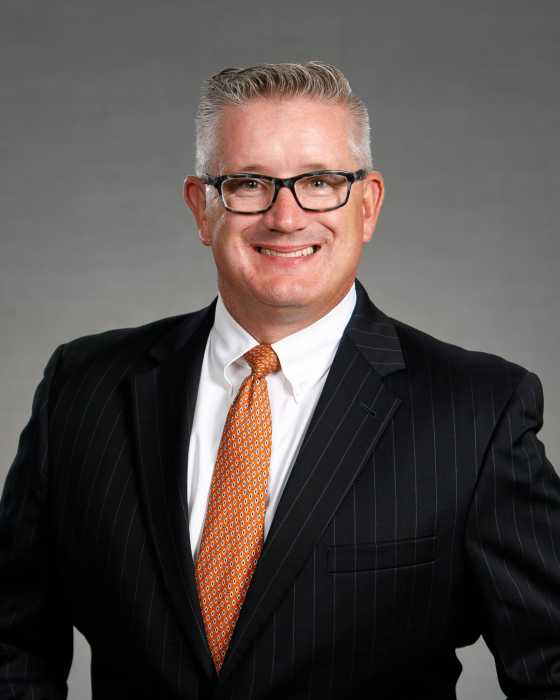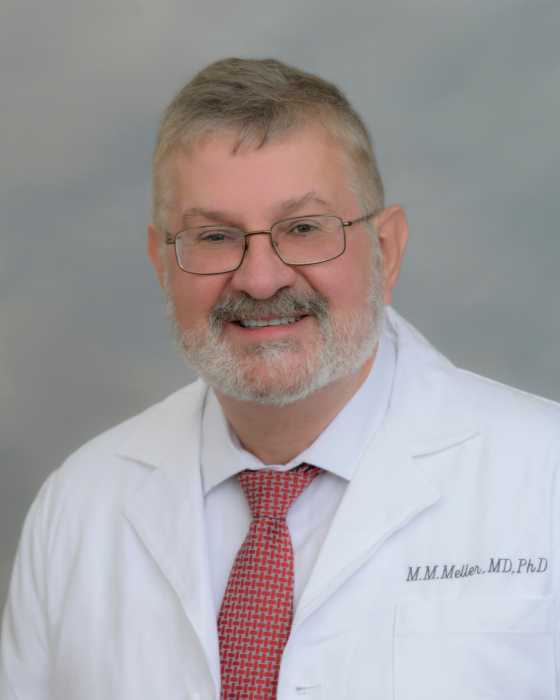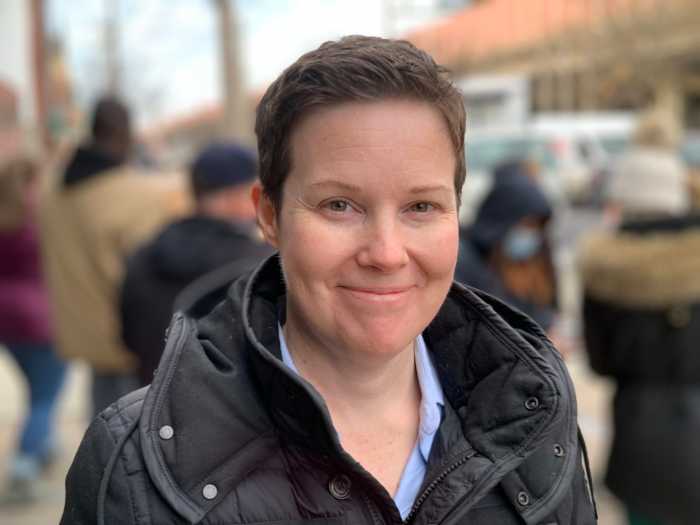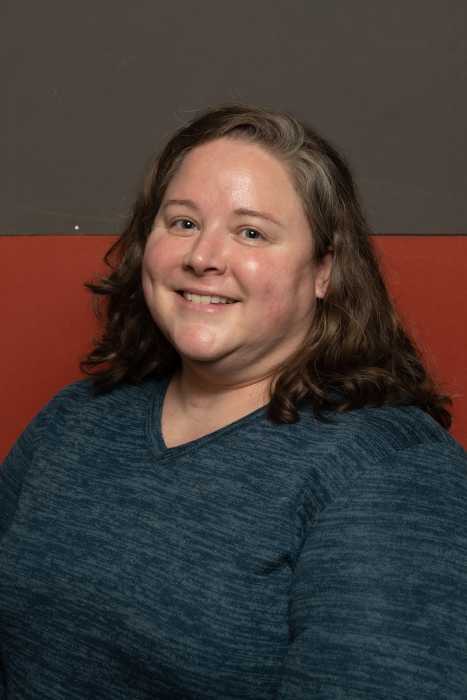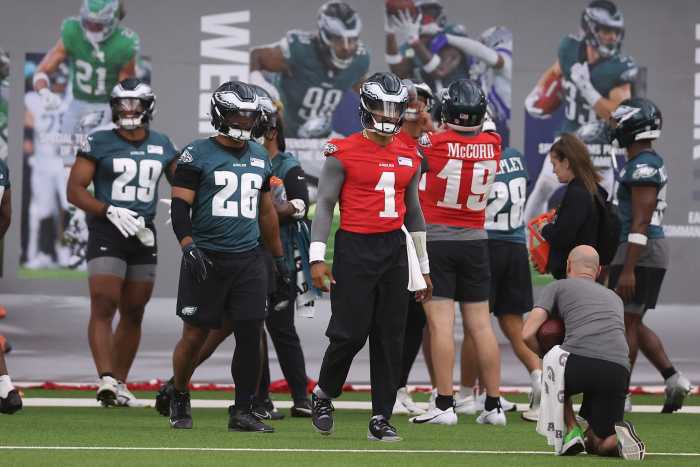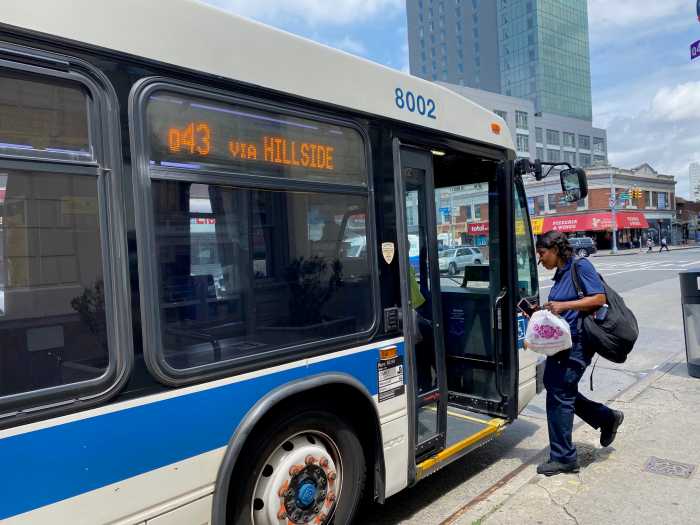Michael Magro, DO, MBA, FACOI, serves as president of Nazareth Hospital in Northeast Philadelphia and St. Mary Medical Center in Langhorne, PA. A trained hospitalist whose clinical background is in internal medicine, Dr. Magro has served in health care operational leadership roles in the Philadelphia region for 12 years. As president of two regional hospitals, they are focused on cultivating patient-centered care delivery, strengthening community engagement, and supporting the needs of the LGBTQ+ community.
What’s your favorite thing about working in health care?
My favorite thing about working in this field is having the ability to directly enhance access to care. I originally became a physician to take care of people, especially the most vulnerable. Now, as a health care administrator, I am dedicated to working alongside my colleagues on new and creative ways to advance and improve our care delivery services, to ensure that every member of our community has access to high-quality treatment.
What are the biggest issues facing the health care system in Philadelphia?
We continue to face abundant staffing challenges related to burnout, personnel shortages, and a candidate pipeline that cannot meet the demands of today. Workforce violence has also been on the rise as our clinicians encounter volatility and hostility from some who seek care. Finally, the rise in hospital expenses has far outpaced increases in insurance reimbursements, forcing many hospitals to make difficult decisions to reduce or eliminate non-critical programs and services that have become unaffordable.
What does the future of health care in Philadelphia look like to you?
If the many challenges facing our region’s health care industry — especially the widening imbalance between rising operational costs and stagnant insurance reimbursements — are not addressed, my fear is that we will see more acute care hospital consolidations and an acceleration towards the ambulatory space. My biggest concern is that many of the upcoming changes in the Philadelphia health care landscape will be focused on creating a more sustainable health care system rather than improving clinical excellence.



